China says seeks peaceful reunification with Taiwan, but does not rule out force
China will keep working for peaceful unification with Taiwan, with the "most sincere and utmost efforts", but will never give up the option of force, the country's defense minister said.
Speaking in a Thursday meeting with his Singaporean counterpart Ng Eng Hen ahead of the Shangri-La Dialogue summit, Li Shangfu underscored Beijing’s commitment to peaceful unification with Taiwan
“We will continue to strive for peaceful reunification with the greatest sincerity and greatest efforts,” he said. “Taiwan is China’s Taiwan, and the Taiwan issue is the core of the core interests of China.”
Meanwhile, he also noted that Beijing will "absolutely not" renounce force against the island.
In a clear message to the United States and other countries seeking to back Taiwanese secessionists, Li clarified that Beijing would not tolerate the island’s secession, according to Chinese defense ministry spokesman Senior Colonel Tan Kefei.
Li told Taiwan's ruling Democratic Progressive Party (DPP) to stop seeking the support of foreign nations for the secession of Chinese Taipei from mainland China.
“We will never allow Taiwan's Democratic Progressive Party authorities to court foreign support for the so-called 'Taiwan independence,' nor allow the external forces to use Taiwan as a pawn to contain China. We make no promise to renounce the use of force,” Li asserted. “Taiwan is part of China.”
Media reports said Li’s warning ahead of the Shangri-La Dialogue security summit on Friday is not only a message to Washington and regional powers, but also to Taiwanese political parties, not to pursue secessionist policies about Chinese Taipei.
Chinese President Xi Jinping, in an address to the 20th Communist Party Congress in October, when he began his third term as party leader, made similar remarks in regard to reunification with Chinese Taipei.
He said mainland China would continue to seek peaceful unification with the “greatest sincerity and the utmost effort” but would “absolutely never promise to renounce the use of force” and “reserve the option of taking all necessary measures.”
Last year, then-US House Speaker Nancy Pelosi visited Chinese Taipei. China described the visit as an act of provocation, as well as a violation of the internationally-accepted “One China” principle. Beijing said Washington aimed to incite the secessionist islanders.
“Beijing has reiterated that the Taiwan issue is merely a domestic matter and no foreign forces would be allowed to meddle in it. As a result, it unexpectedly makes the Taiwan affair an international issue,” Taipei-based security expert Chi Le-yi said.
Beijing describes the issue of Chinese Taipei as the most sensitive and important matter in its relations with the US, and the topic remains a constant source of friction between the two world powers.
China has urged the US to stop sending weapons to Taiwan and turning the island into a "powder keg".
In the meantime, China's Taiwan is preparing for presidential elections in January. The incumbent President Tsai Ing-wen, a US-backed pro-secessionist, will not be taking part in the election.
In support of the Taiwanese president, the US threatened to take military action against China if Beijing were to use force to regain control of Taipei.
To balance the equation, China and Russia have been expanding cooperation.
Chinese Premier Li Qiang said on Wednesday that the two sides aim to broaden their pragmatic cooperation in various fields.
Pragmatic cooperation between China and Russia has shown a "good" development trend, the number of investments has increased, and now we want to take our relation to a "new level," Li said in Beijing in a meeting with visiting Russian Prime Minister Mikhail Mishustin.
VIDEO | Press TV's news headlines
Paris silencing pro-Palestine voices
Iran raises alarm at ‘environmental consequences’ of US militarism
Iran: UN Security Council inaction on Israeli crimes ‘catastrophic’
Report: US intel debunks Trump's claim of Iran working on ICBMs
Vance says 'skeptic of military intervention' after progress in Iran talks
VIDEO | Third round of Iran-US nuclear talks concludes in Geneva
Geneva talks: Iran signals firm resolve, rejects US pressure, proceeds with cautious optimism


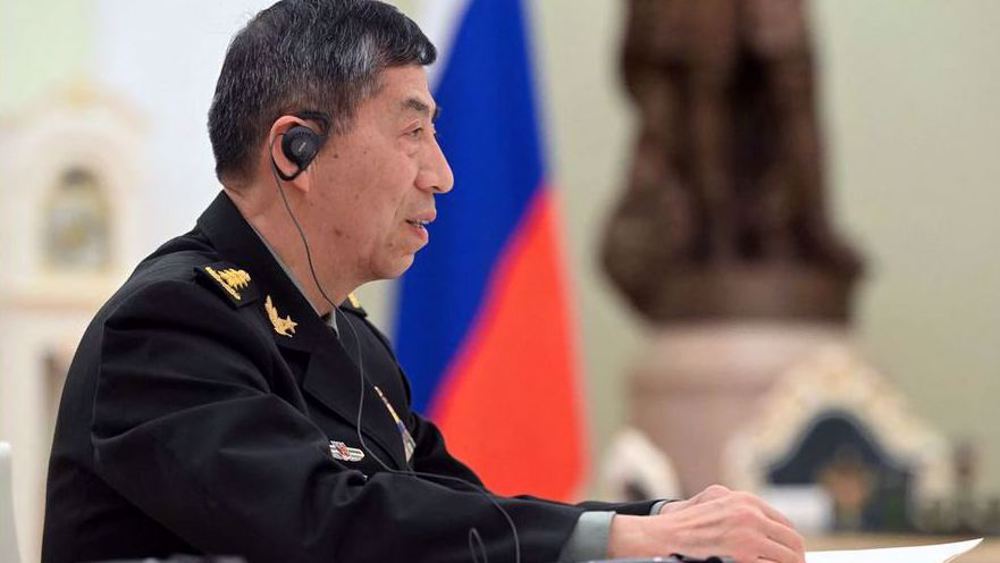
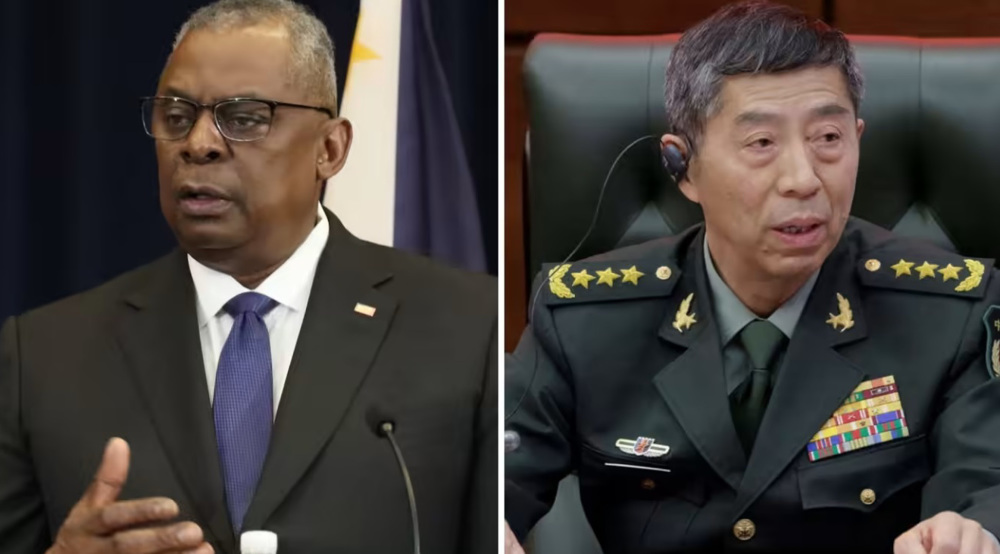
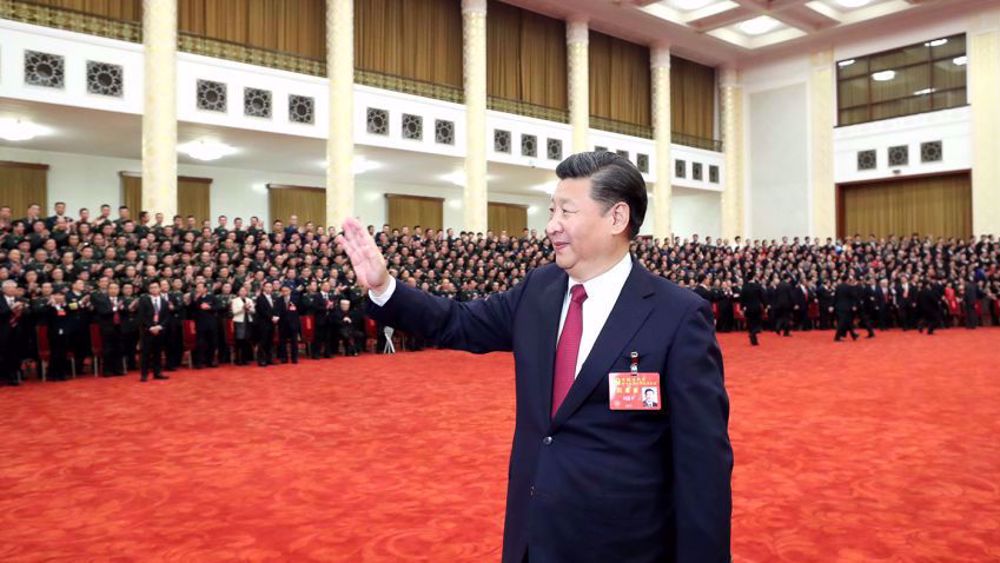
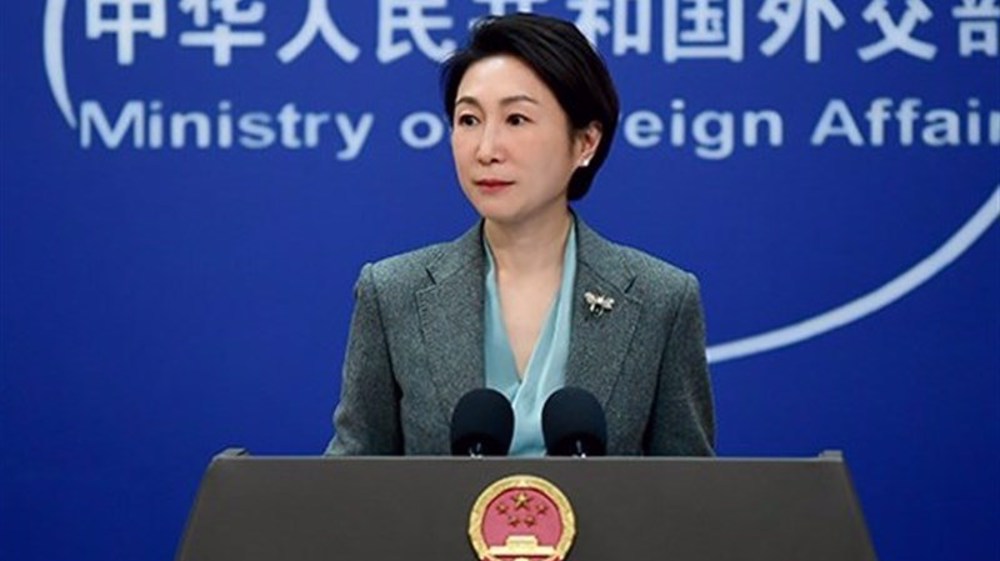
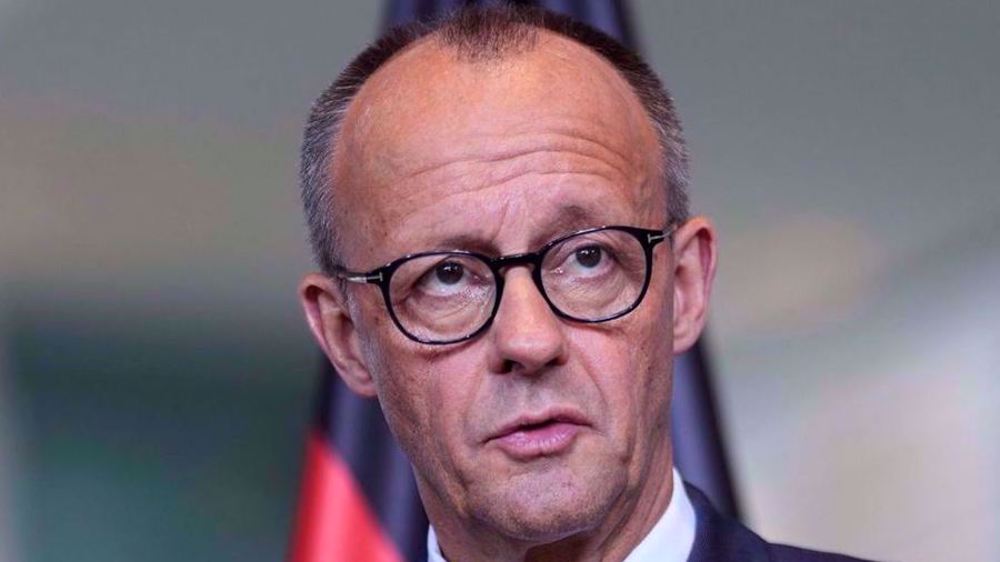
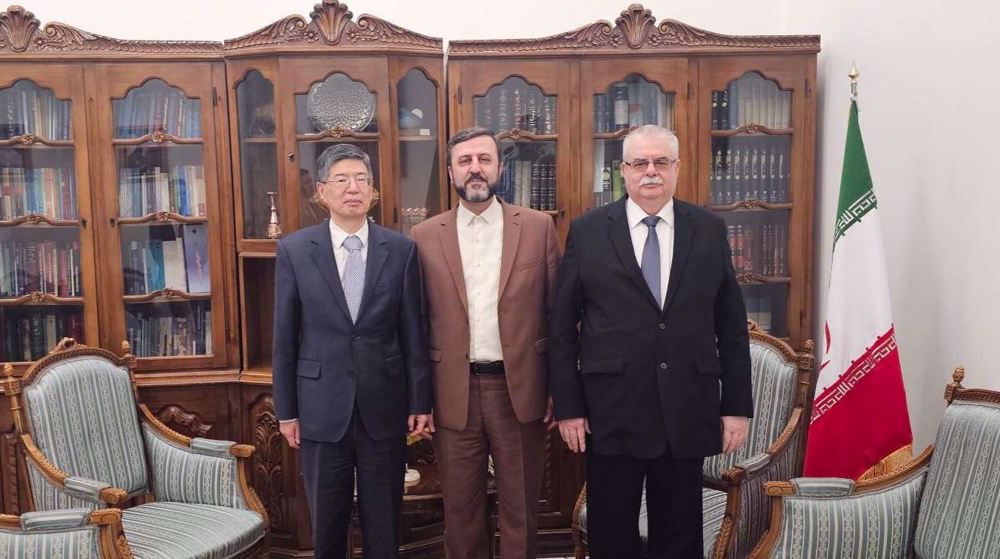



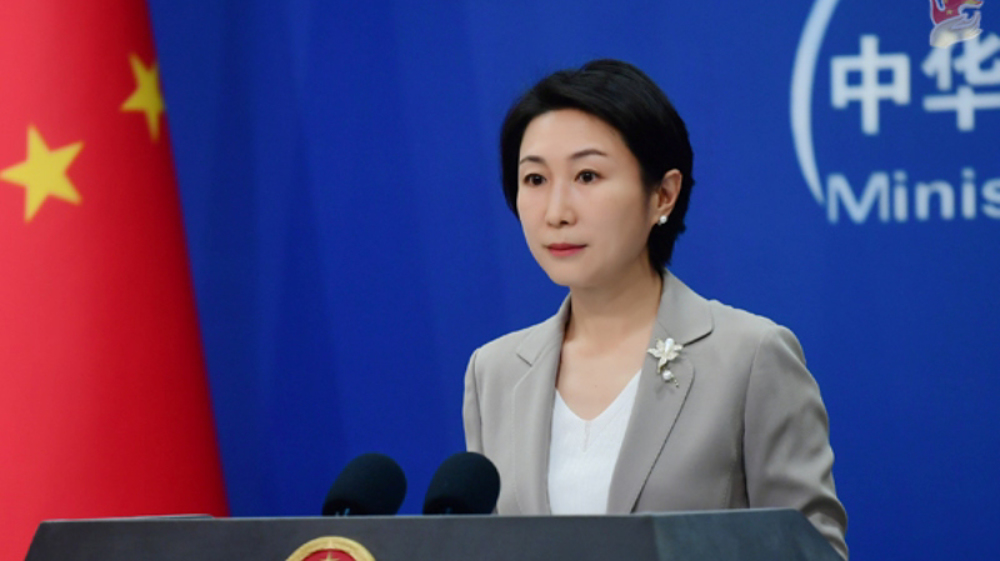
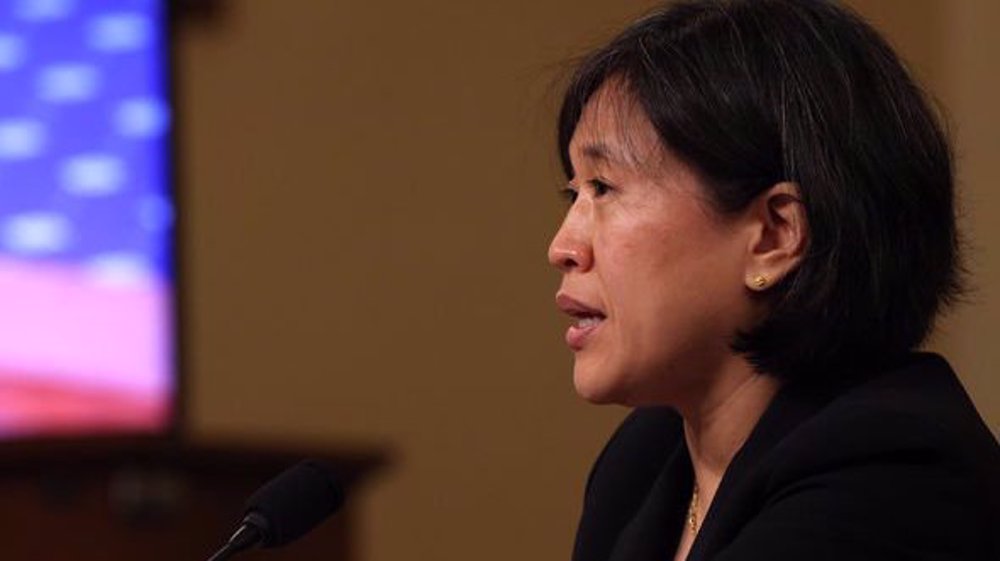
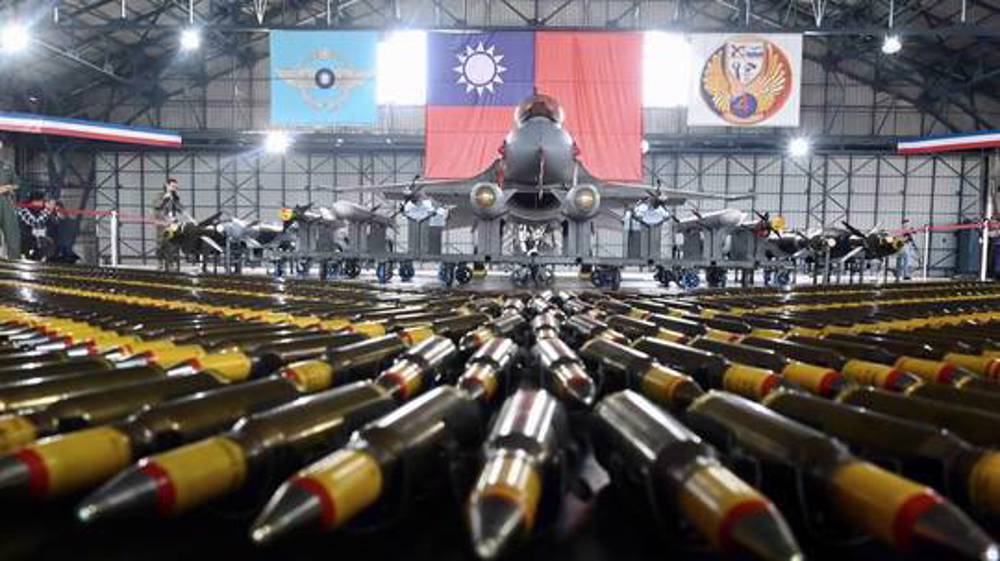
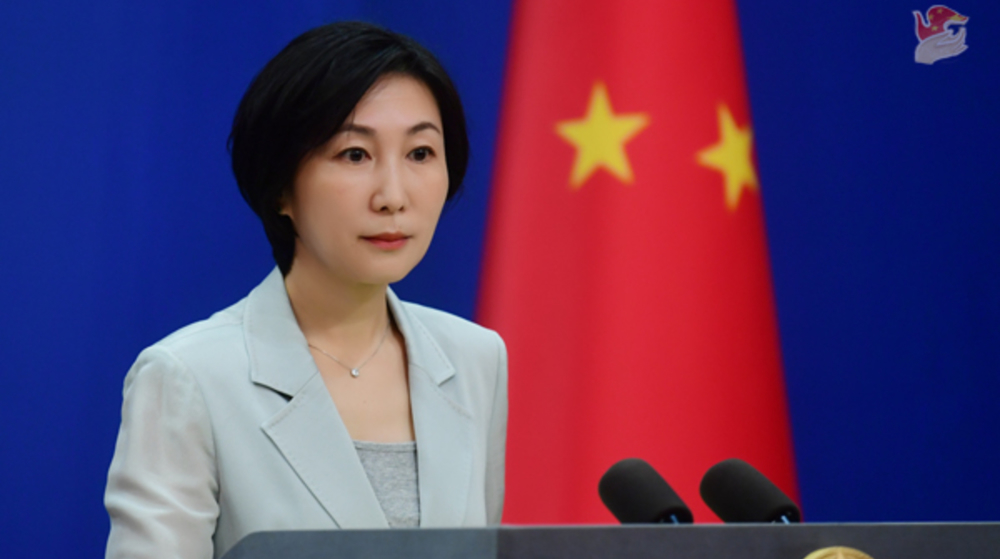
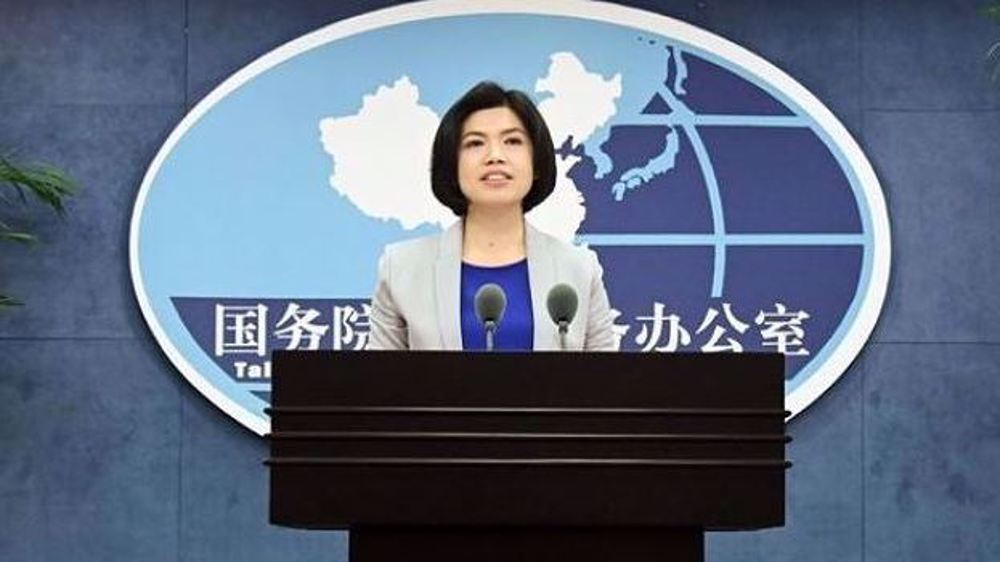
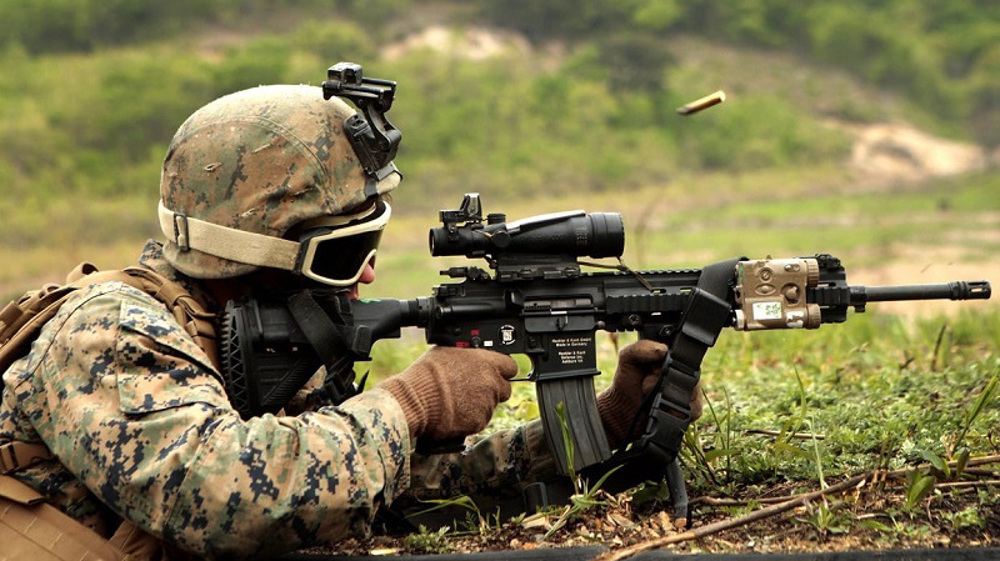

 This makes it easy to access the Press TV website
This makes it easy to access the Press TV website